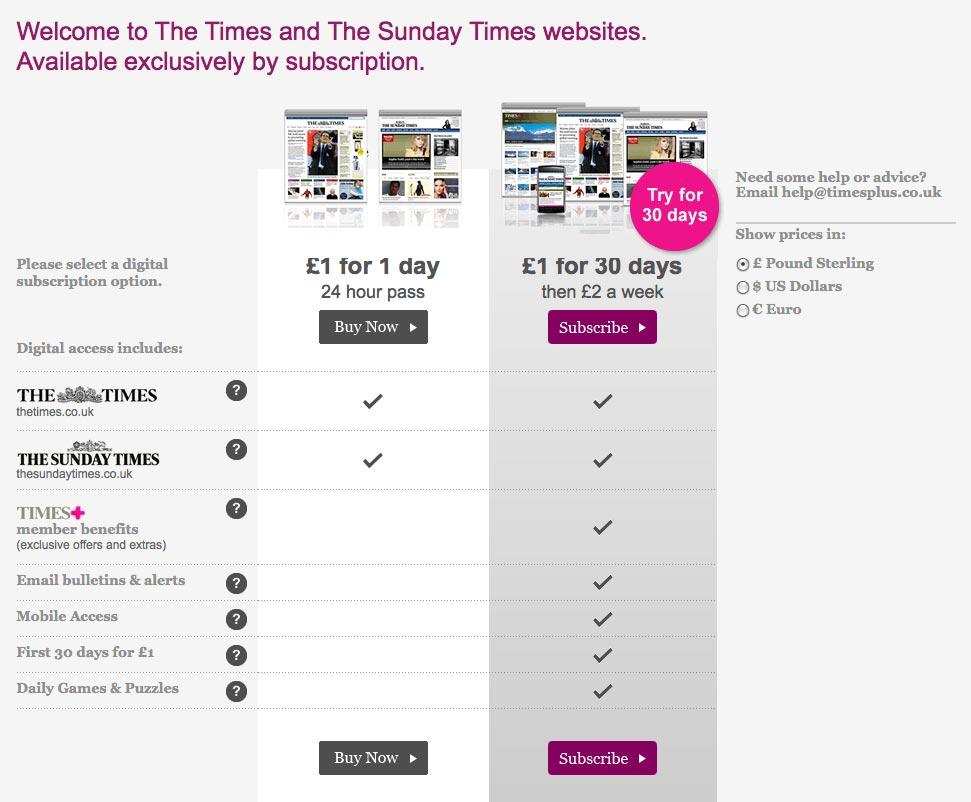Paid content system Journalism Online has its first user, reports Poynter. Lancaster Online, website for the Intelligencer Journal and Lancaster New Era titles in the US, will use the micropayments platform to paywall its obituaries from today.
Readers outside of Lancaster County will be free to view up to seven obits, after which they will have to pay $1.99 a month or $19.99 for an annual subscription.
Journalism Online was set up by former US newspaper executives Steve Brill, Gordon Crovitz and Leo Hindery in June last year and received investment from News Corp last month.
Lancaster Online’s obituary pay scheme would “not amount to enough to reverse the fortunes of our newsroom, in and of itself”, admits the site’s editor of content development Ernie Schreiber. “But it might be a model for the next steps in how we meter other content (…) And it might pay for a few reporters.”
Poynter’s Bill Mitchell criticises certain elements of the move, including the fact that Lancaster Online is simply moving established content behind a paywall and not offering anything new to incentivise would-be customers:
One area where Lancaster falls short: providing customers with significant new value to persuade them to spend money today for something they got yesterday for free. How many more obit subscriptions might LancasterOnline sell, in other words, if it were to bundle customized obit newsletters as part of its monthly or annual fee?
Research suggests however that there is a healthy market for obituaries within the Lancaster Online readership. According to Schreiber, more than five per cent of the 47.4 million pages viewed the previous year were obituaries, and 100,000 readers outside of the county accessed an obituary page over that year.
Journalism Online’s Gordon Crovitz said Lancaster’s launch of the Journalism Online system will be followed by “many other launches over the summer”.
He claimed that the most popular “will be metered access to a website as a whole rather than a focus on a particular area of content”.
Full story at this link…
